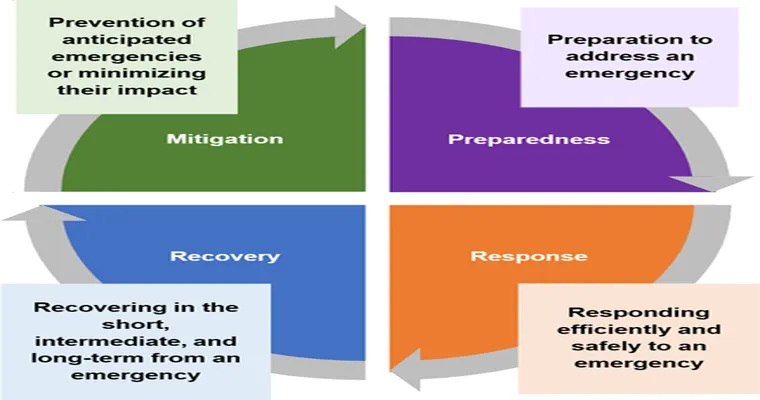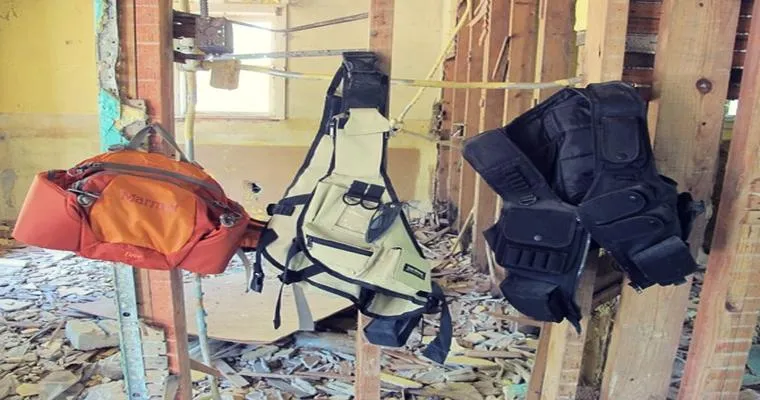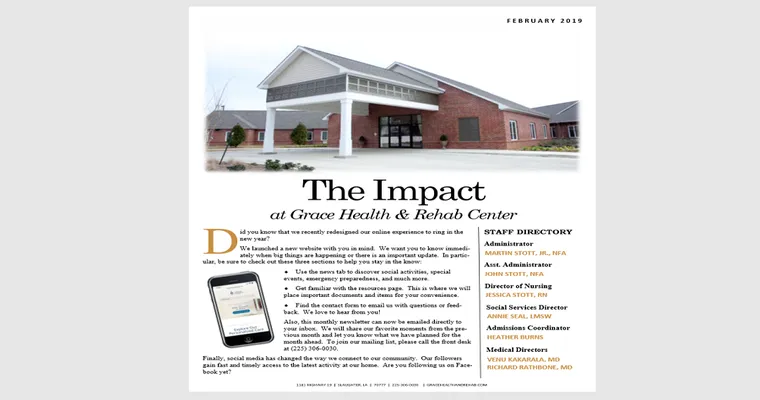When it comes to the safety and well-being of our loved ones in a "long-term care facility", effective "emergency planning" is essential. Whether due to natural disasters, health crises, or other unforeseen events, it is crucial to understand whether the facility provides the necessary "emergency preparedness" to protect its residents. As family members, we must ask the right questions and ensure that our loved ones are in a safe environment that can respond effectively in times of need.
One of the first steps in evaluating a long-term care facility's preparedness is to inquire about their "emergency response plan". Facilities should have a comprehensive plan that addresses various scenarios, including fires, floods, and pandemics. This plan should outline evacuation procedures, communication strategies, and the roles of staff members during an emergency. Make sure to ask if the facility conducts regular drills to ensure that all staff members are familiar with these protocols.
Another critical aspect of "emergency planning" is the availability of necessary supplies and resources. Ask the facility about their stock of essential items such as food, water, medical supplies, and personal protective equipment. A well-prepared facility should have a sufficient supply on hand to last for several days, ensuring that residents can be cared for without interruption during an emergency.
Communication is key during any crisis. Inquire about how the facility communicates with families during emergencies. Are there systems in place for sending out alerts and updates? Knowing how the facility will keep you informed can provide peace of mind during stressful situations.
Additionally, consider the staff-to-resident ratio during emergencies. A facility should have an adequate number of trained staff members to ensure that all residents receive the care they need. Understanding how the facility manages staffing during crises can help you assess their ability to respond effectively to emergencies.
Lastly, it is essential to evaluate the facility’s partnerships with local emergency services. A well-prepared long-term care facility will have established relationships with local fire departments, hospitals, and emergency management agencies. These connections can facilitate a coordinated response in case of an emergency, ensuring that residents receive timely help when it is needed most.
In conclusion, being proactive about "emergency planning" for your loved one’s "long-term care facility" is crucial for their safety and well-being. By understanding the facility's emergency response plan, evaluating their resources, assessing communication strategies, and learning about staffing and community partnerships, you can make an informed decision about your loved one’s care. Remember, preparation is the key to ensuring that your loved one is safe and secure, no matter what challenges may arise.





